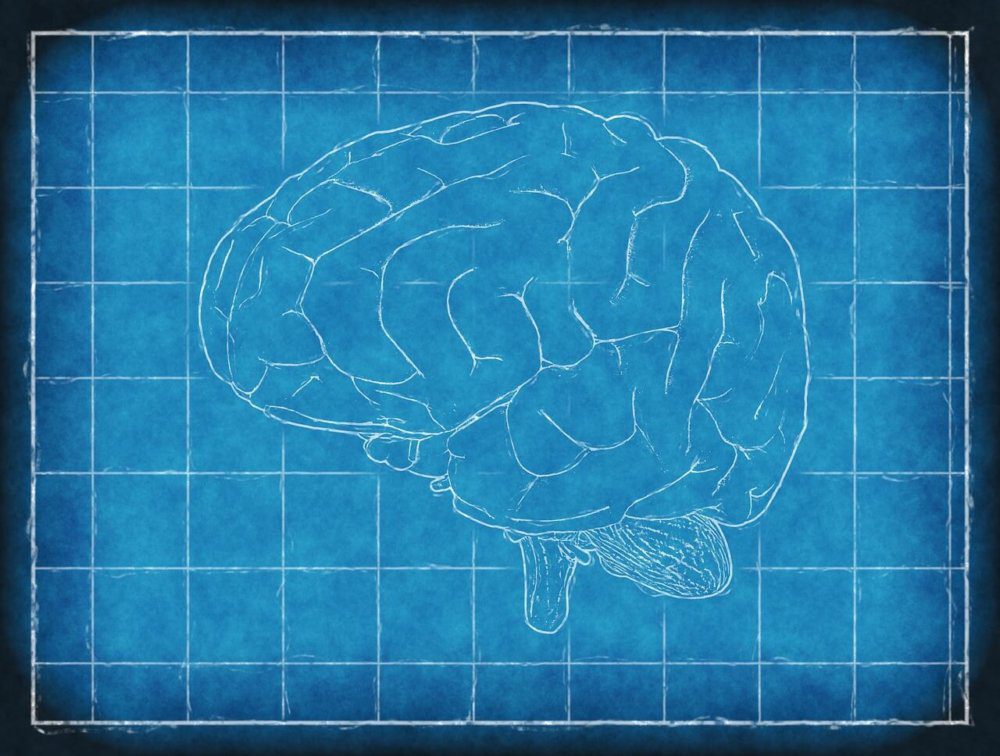Earl Miller, a professor of neuroscience at MIT, has some advice for you.
Stop multitasking!
“It ruins productivity, causes mistakes, and impedes creative thought,” he writes in Fortune. “Many of you are probably thinking, ‘but I’m good at it!’ Sadly, that’s an illusion. As humans, we have a very limited capacity for simultaneous thought — we can only hold a little bit of information in the mind at any single moment.”
Our brains, however, trick us into thinking we can do more. To understand how this happens, Miller says, it helps to think about how we physically see the world. Barring visual impairments, we perceive our surroundings via a video camera-like, wide-angle lens. Or at least that’s how it seems. In reality, our eyes are constantly darting around, 3-4 times per second, taking in our surroundings in snippets. The end looks like one image, but that’s just because our brains paper these individual pieces together to create a complete picture.
He goes on: “The same is true for multitasking. When we toggle between tasks, the process often feels seamless — but in reality, it requires a series of small shifts. Say you stop writing a pitch for a client in order to check an incoming email — when you finally return to the pitch, your brain has to expend valuable mental energy refocusing on the task, backtracking, and fixing errors. Not only does this waste time, it decreases your ability to be creative. Innovative thinking, after all, comes from extended concentration, i.e. the ability to follow an idea of thought down a network of new paths. When you try to multitask, you typically don’t get far enough down any road to stumble upon something original because you’re constantly switching and backtracking.”

